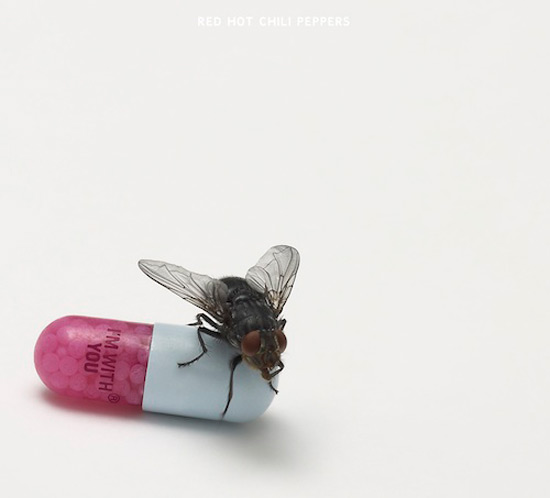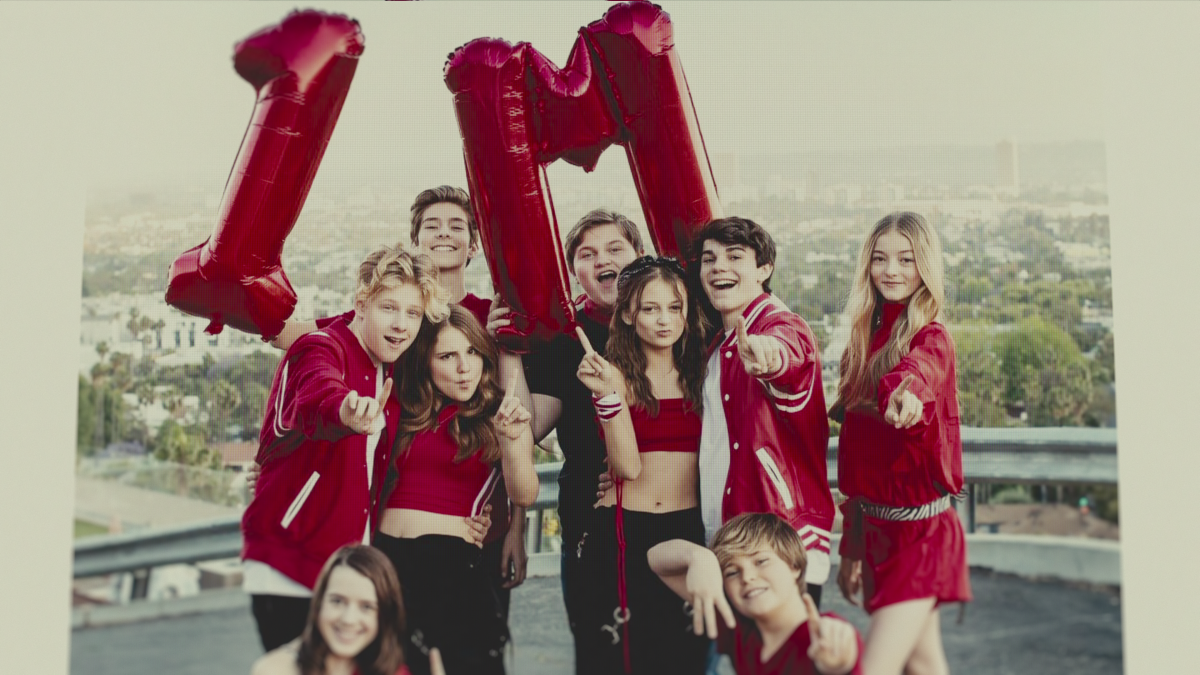In Ian Cohen’s Pitchfork.com review of Red Hot Chili Peppers’ I’m With You, he complains that the album is flawed because it’s filled with more of the same old Chili Peppers– in his words, “nearly identical, bittersweet songs about California, sex, and, increasingly, nothing”. Here’s the thing: Cohen is partly right. The album is actually filled with more of the same old Chili Peppers– more California and sex. The album, however, is about something more, something that Cohen missed. The “identical, bittersweet songs” in question are about the resilience, charm, and 25 year groove of one of the last American rock bands.
In fact, Cohen’s idea that the band is rehashing more of the same will be comforting to long-time fans: in 2009, Chili Peppers guitarist and modern guitar hero John Frusciante quit the band. Not only has the band survived Frusciante’s split, it’s become a better version of itself. New guitarist Josh Klinghoffer brings with him a grittier sound, more in line with what the band was doing 20 years ago on their breakthrough album, Blood Sugar Sex Magik. Drummer Chad Smith and bassist Flea have both improved since the band’s last outing, Stadium Arcadium, Flea through his bass studies at University of Southern California and Smith through his jazz-rock drumming in the band Chickenfoot. Singer Anthony Kiedis is still Anthony Kiedis, a middle-of-the-road frontman, who has received the brunt of the complaints from Cohen and his peers. But the Red Hot Chili Peppers have never really been about Kiedis, or Smith, or Flea, or even Frusciante. The Red Hot Chili Peppers have always been, and will always be, about the Red Hot Chili Peppers.
This fact is evident even from the album’s very first track, “Monarch Of Roses”, which begins with guitar fuzz and then proceeds to navigate through the fuzz with hi-hat snaps and bass slaps. Most of the rest of the album follows in the same fashion. Songs like “Police Station” and “Annie Wants a Baby” come across like outtakes from Blood Sugar, while “Factory of Faith” and “Look Around” sound could have been taken from an earlier Chili Peppers– the 1980s punk/funk upstarts who gained popularity by showing up to open mic nights and playing eight-minute shows wearing nothing but tube socks. The three best songs on the album — “Happiness Loves Company”, “The Adventures of Rain Dance Maggie”, and, especially, “Brendan’s Death Song” (a musical eulogy for L.A. club owner Brendan Mullen/powerful mortality pontification by Kiedis)– however succeed because both the Chili Peppers and producer Rick Rubin have perfected the art of the melody, that simple clarity that has given every popular rock group in history its fan base. “Company”‘s percussive ragtime piano is a new version of Elton John’s 70s piano slams. “Rain Dance Maggie”‘s ostentatious guitar and singable chorus feels like a radio-friendly hybrid of 60s pop, 50s blues, and 80s hair metal. And “Brendan’s Death Song” sounds like Nirvana would’ve sounded if they were optimists.
If all of that sounds like garbage to you, then go listen to some Radiohead and write hardcore punk songs about the death of rock. But if you do that, you will have missed the point of I’m With You: that RHCP will always be on top not just for their attitude, not just for their musicianship, but for their ability to connect to the average American in ways that the electro-indie-neo-folksters on Cohen’s beloved Pitchfork cannot. The album is rock and roll through and through. Long-time fans might notice that the album “lacks funk” or “doesn’t have enough guitar solos” (actual complaints from real fans). They missed the point too. The album is good not in spite of these facts, but because of them– the album bravely states that the Chili Peppers’ rock and roll story doesn’t need to be narrowly defined; it’s possible to be the best rock band around without “Funky Monks” or “Can’t Stop”.
So, no, Ian Cohen, the Chili Peppers haven’t changed a bit. But at the same time, they have. In their middle age, they have captured for the first time a brand new piece of the music industry– the blatantly, unflinchingly familiar. In a world where everything different looks the same, it takes something that looks the same to be truly different.










